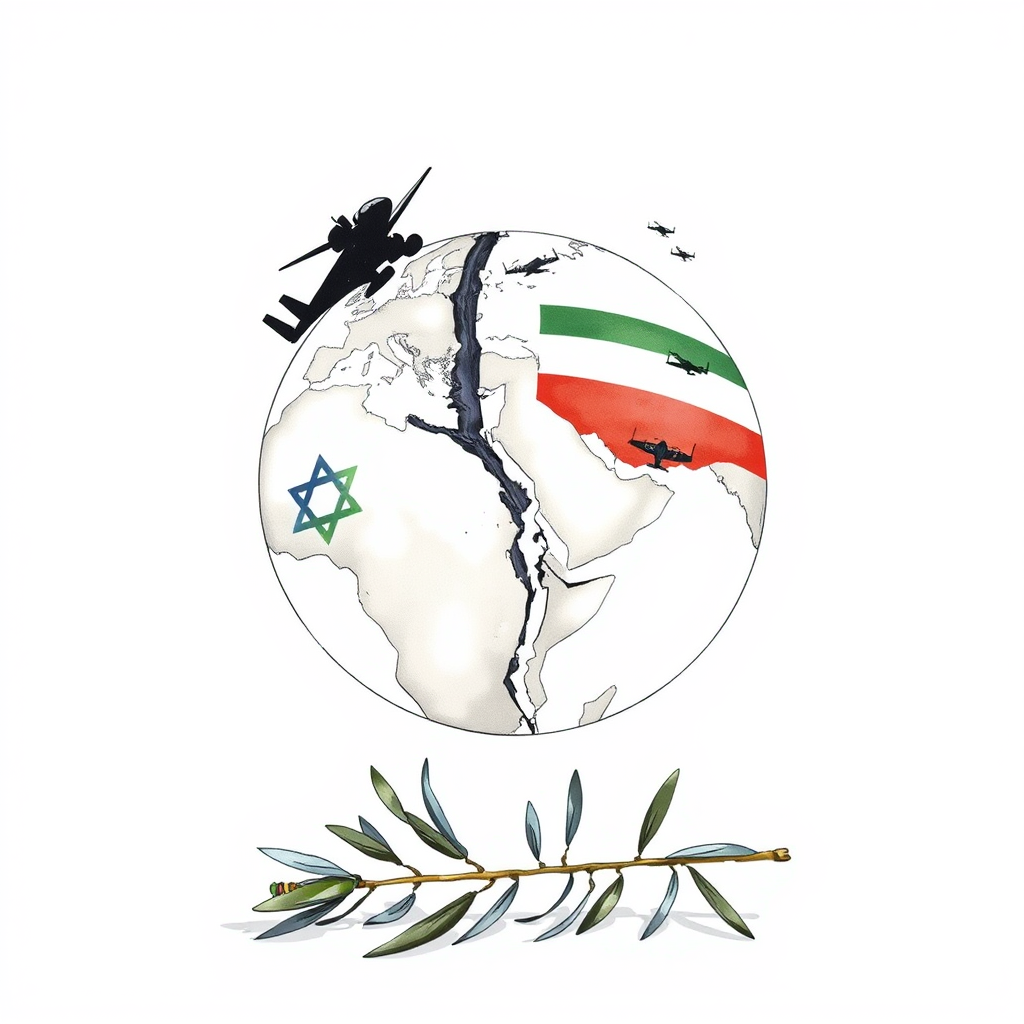Trump Warns Iran: Destruction Looms Without Deal

Tensions in the Middle East have dramatically escalated following a series of retaliatory strikes between Israel and Iran, prompting urgent calls for de-escalation from international leaders. The exchange began with an overnight Israeli attack targeting multiple nuclear and military sites within Iran, a move Israel justified as necessary self-defense against Iran’s advancing nuclear program. Israel asserts that a nuclear-armed Iran poses an existential threat, not only to the nation itself but to the wider global community.
Former U.S. President Donald Trump issued a stark warning to Iran, urging the nation to accept a nuclear deal to avert further conflict. He emphasized that opportunities for a peaceful resolution are dwindling, referencing past negotiations where, according to Trump, Iran failed to finalize an agreement despite repeated attempts. His statements included pointed references to eliminated Iranian figures and a display of U.S. and Israeli military capabilities.
The U.S. government, under the current administration, has maintained it was not involved in the Israeli strikes. Secretary of State Marco Rubio affirmed that the priority remains protecting American forces in the region and cautioned Iran against targeting U.S. interests.
Iran has responded to the Israeli attacks with approximately 100 drone strikes against Israel, with some drones traversing Jordanian airspace. Ayatollah Ali Khamenei has vowed retaliation, promising a “severe punishment” for Israel.
The situation is particularly concerning given ongoing, albeit recently strained, nuclear negotiations between Iran and the U.S. Talks had shown some promise earlier in the year, with Iran indicating a willingness to accept a deal subject to conditions. However, negotiations stalled in early June, with Iranian lawmakers accusing the U.S. of insincerity and imposing unreasonable demands.
U.N. Secretary-General António Guterres has condemned the military escalation and expressed particular concern over the targeting of Iranian nuclear installations while negotiations were still underway. A planned round of nuclear talks in Muscat, Oman, this weekend is now uncertain.
This latest exchange represents a dangerous turn in the long-standing conflict between Israel and Iran. While Israel frames its actions as preemptive self-defense, the strikes risk further inflaming regional tensions and potentially spiraling into a wider conflict. The urgency for diplomatic intervention and a return to meaningful negotiations is paramount. The rhetoric from all sides is escalating, and the potential for miscalculation is high. A sustained commitment to de-escalation and a genuine effort to address the underlying issues driving this conflict are crucial to preventing a catastrophic outcome. The situation demands a measured response from all international actors, prioritizing dialogue and a peaceful resolution over further military action.